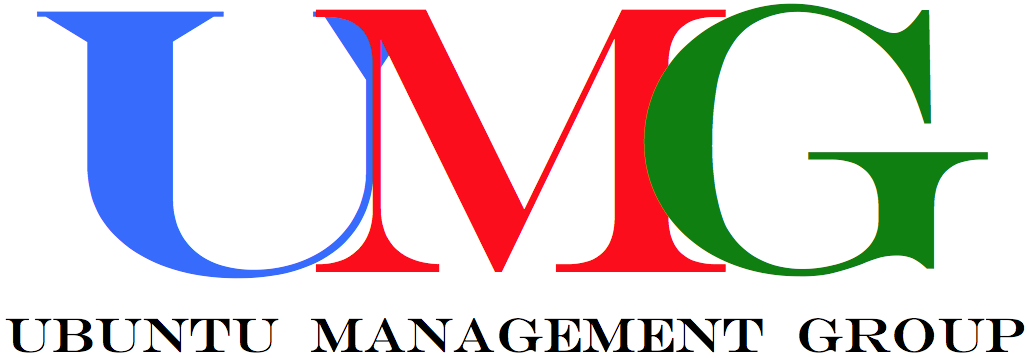The Times reports, “Streaming giants are under pressure to justify paltry royalties for musicians as online listening booms.”
Nadine Shah is at breaking point. After 17 years, hundreds of gigs and a Mercury prize nomination, the singer-songwriter is considering packing it in.
Despite a new release hailed by BBC Radio 6 Music as an album of the year, the 34-year-old is struggling to pay her way. She has left her London houseshare to move to the less glamorous, but cheaper, Ramsgate.
Now she is wondering whether to join her father in the family curtains business: “It’s really sad being in a position where you have a level of success — but if you’re not making money, you have to think of other options.”
The pandemic halted gigs, hitting musicians hard. That has happened to other industries, too, but Shah and her peers face another threat — the music streaming giants.
With venues shut, artists have relied on income from streaming services, but Shah and fellow artists, including Elbow frontman Guy Garvey, have turned on Spotify, Apple, Amazon and others for not paying a fair share.
Despite having had millions of streams on Spotify herself, Shah cannot earn a living from them. Musicians’ share of streaming profits is so small that most have to rely on gigging for income.
Music streaming was worth about £1bn in the UK last year, but artists are estimated to have pocketed less than 13% of that. It could be as low as 4%, because the share of streaming paid to artists by record labels — about 20% — does not factor in any debts the artists owe those labels. In the past, artists received a 20% cut, or sometimes the 30% “rock star rate”, from all CD or cassette sales, which had set prices and whose sales were easy to quantify.
Spotify, meanwhile, has boomed. Shares in the Swedish company, which floated in New York in 2018, have soared from $121 at the end of March to $277, valuing it at $52bn (£39bn).
Total monthly active users grew 29% to 320 million in the third quarter, helping revenues rise 14% to just under €2bn (£1.8bn). Most of that comes from its 144 million paying subscribers, who do not have to put up with ads between songs. The company still lost €40m, after a €54m profit in the same quarter of 2019, as it pursues growth.
Spotify, run by 37-year-old co-founder Daniel Ek, is the largest music streaming company, with about 35% of the global market. Apple has 19% and Amazon 15%. Billie Eilish is among its most-streamed artists.
Goldman Sachs expects 1.2 billion people worldwide to be paying for streaming subscriptions by 2030, up from 341 million last year.
Artists say enough is enough. The row reignited last week at a digital, culture, media and sport select committee inquiry session where artists took aim at the streaming giants. Led by Tom Gray of the band Gomez, who founded the Broken Record campaign, they called for “equitable remuneration” similar to that from TV and radio, where royalties are earned every time a song is played and split equally between artist and label.
So how does Spotify divvy up its £9.99 a month subscription fee? The company itself does not offer a breakdown. Its float prospectus said the royalty payment scheme was “complex” and it was “difficult to estimate the amount payable under our licence agreements”.
Others have an idea. Gray reckons that £4.58 goes to the record labels. Spotify takes about £2; taxes account for a similar sum; and £1 goes to music publishers and rights owners. Just 46p trickles down to artists after Spotify’s label payments go through global intermediaries. Gray called it a “stinking deal”.
In a submission to the business department, Gray said the amount that artists received per stream was actually falling. It is estimated that the average payout to a songwriter per stream on Spotify is 0.04p, so it would take 174,000 streams to earn about £70 — the daily UK minimum wage. Spotify did not respond to questions about artists’ concerns.
Streaming has not been all bad — artists have hailed it for saving the industry from piracy. They just want a fairer cut of the takings.
Record labels are also under fire. The costs tied to CD sales have plummeted, but artists have been left with the same deals. Crispin Hunt, chairman of the Ivors Academy, a trade body for songwriters and composers, said the big labels — Universal, Sony and Warner — were “not doing the job they used to do”.
Hunt, who was lead singer of 1990s band Longpigs, said: “What job are the labels doing if their marketing costs are falling every year, if their administration costs are falling every year, and their distribution costs are absolutely minimal?” He said that artists were afraid to challenge record companies.
Scottish funds giant Baillie Gifford is the largest Spotify shareholder, after co-founder Martin Lorentzon, with an 11% stake worth $5.5bn. James Anderson of Baillie Gifford said he felt for musicians who had lost gigs, but added: “I’m absolutely confident Daniel Ek wants a healthy outcome for the industry.”
Gray highlights another issue — a complex web linking music-streaming companies and big labels. Chinese giant Tencent owns stakes in Spotify, Universal Music and Warner Music.
Shah hopes more artists will speak out: “So far I’ve been one of the few to go above the trenches. That’s the only way we’re going to get this message across.”





